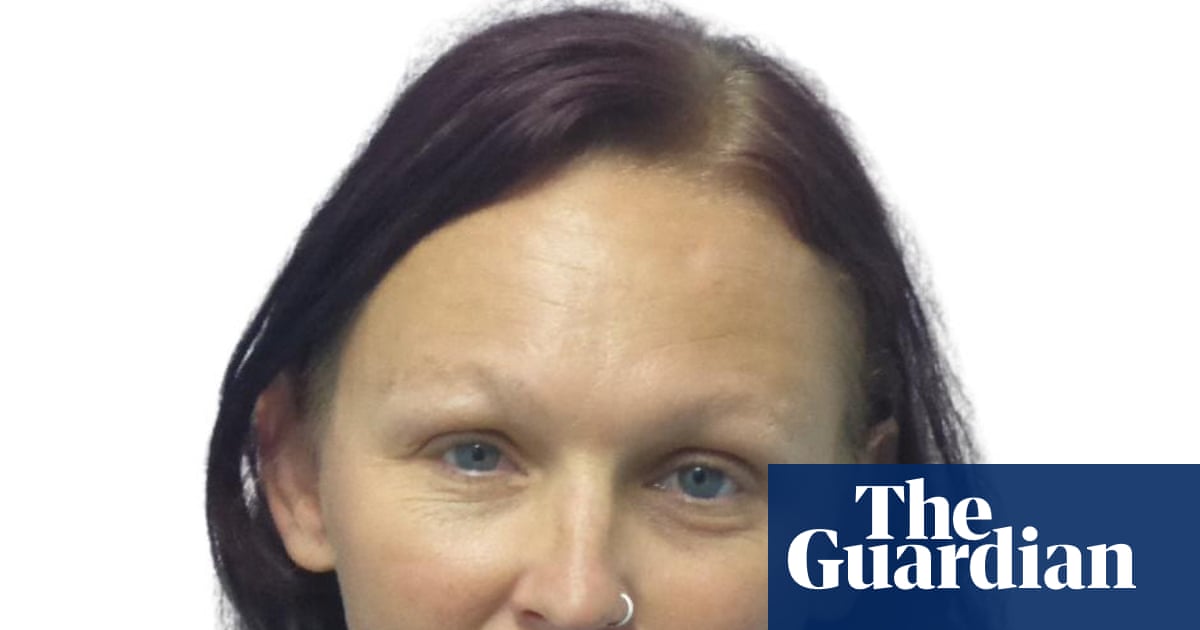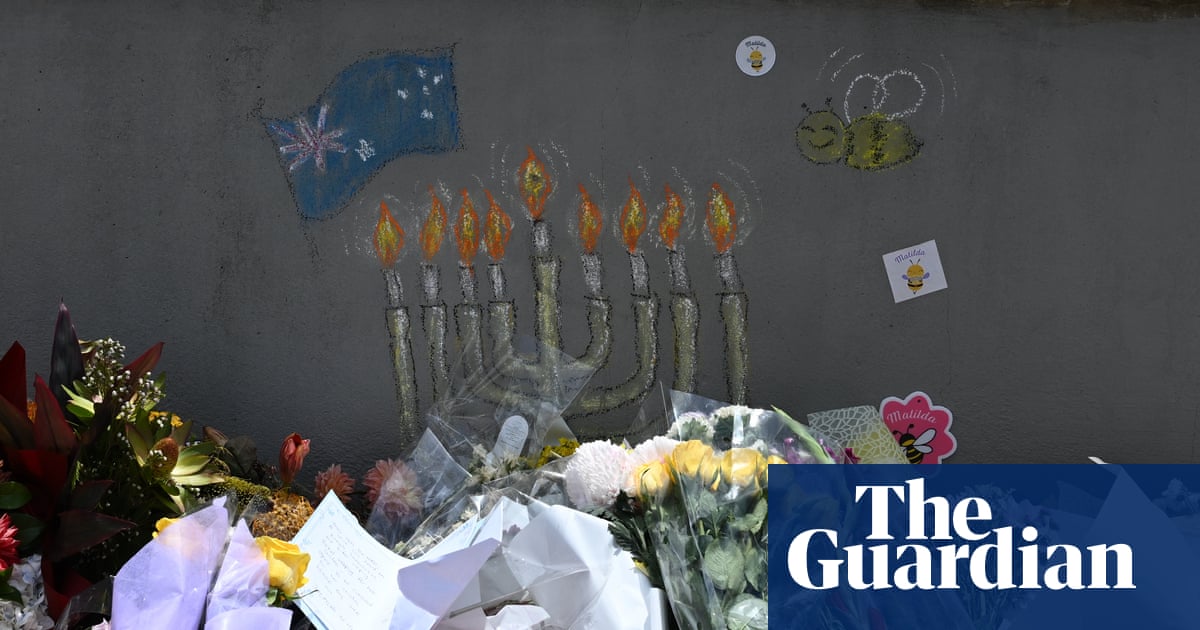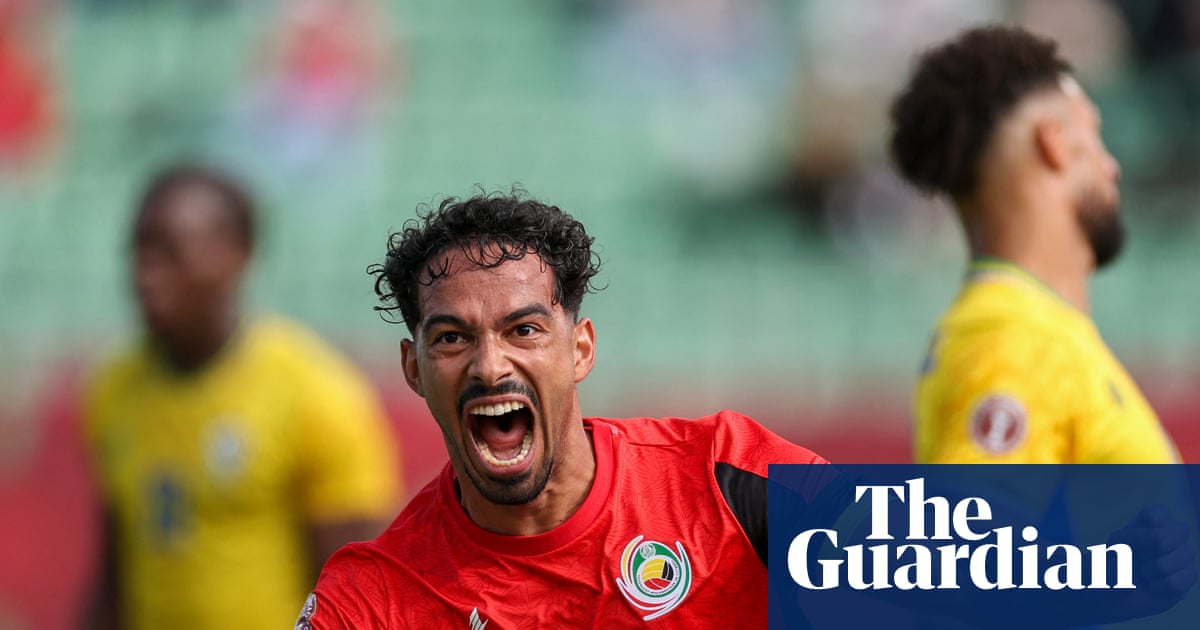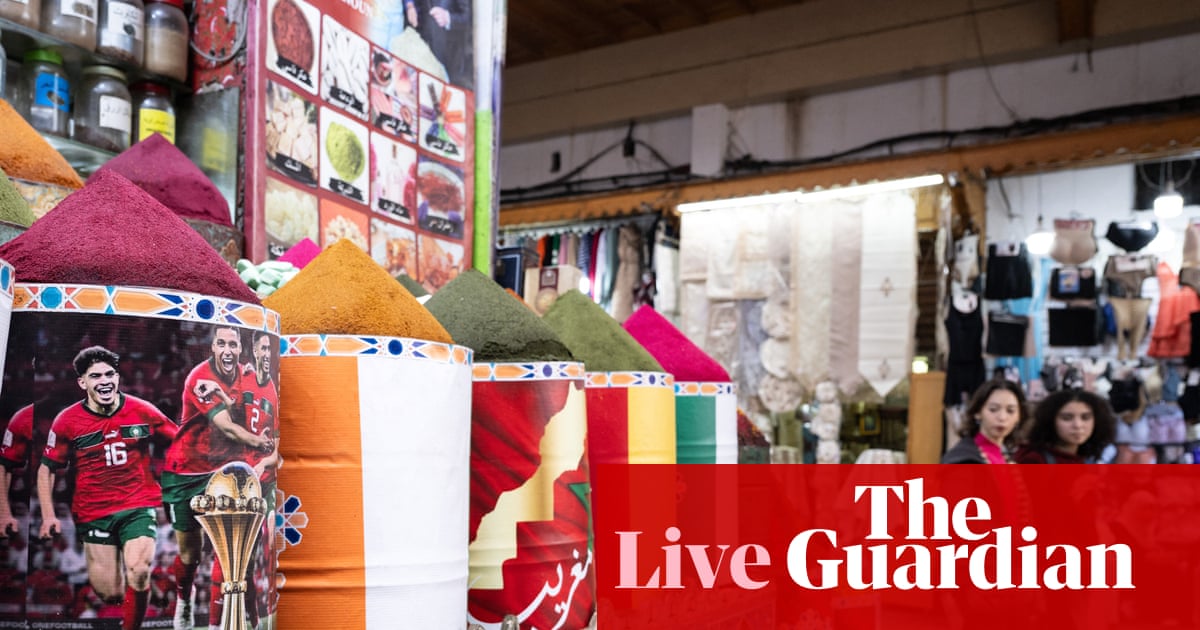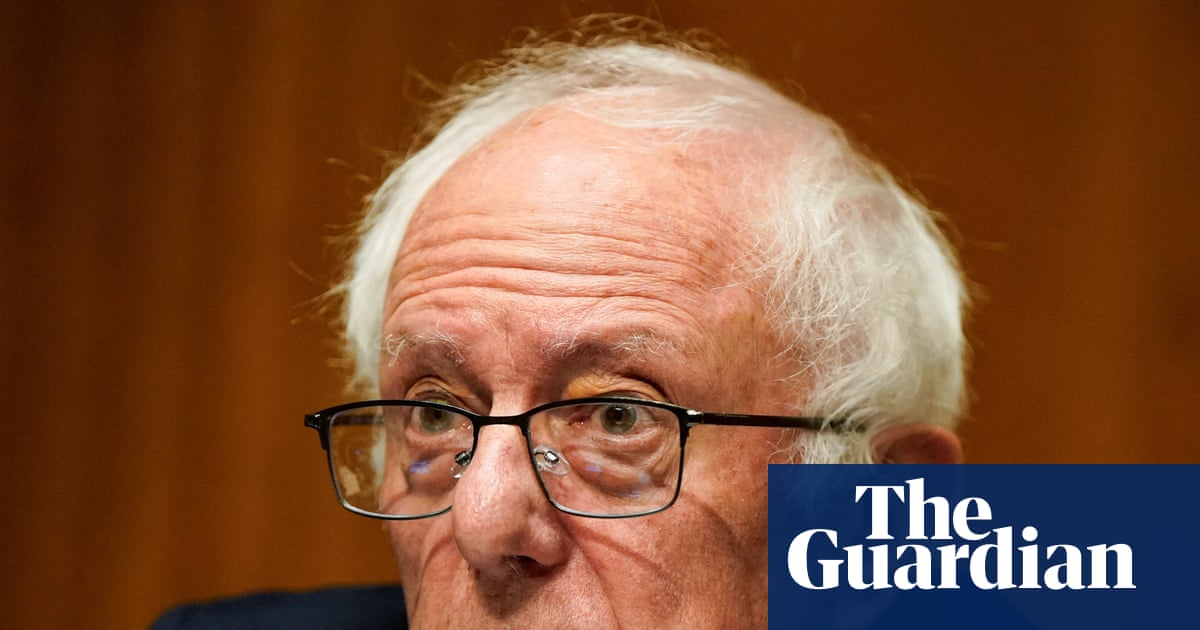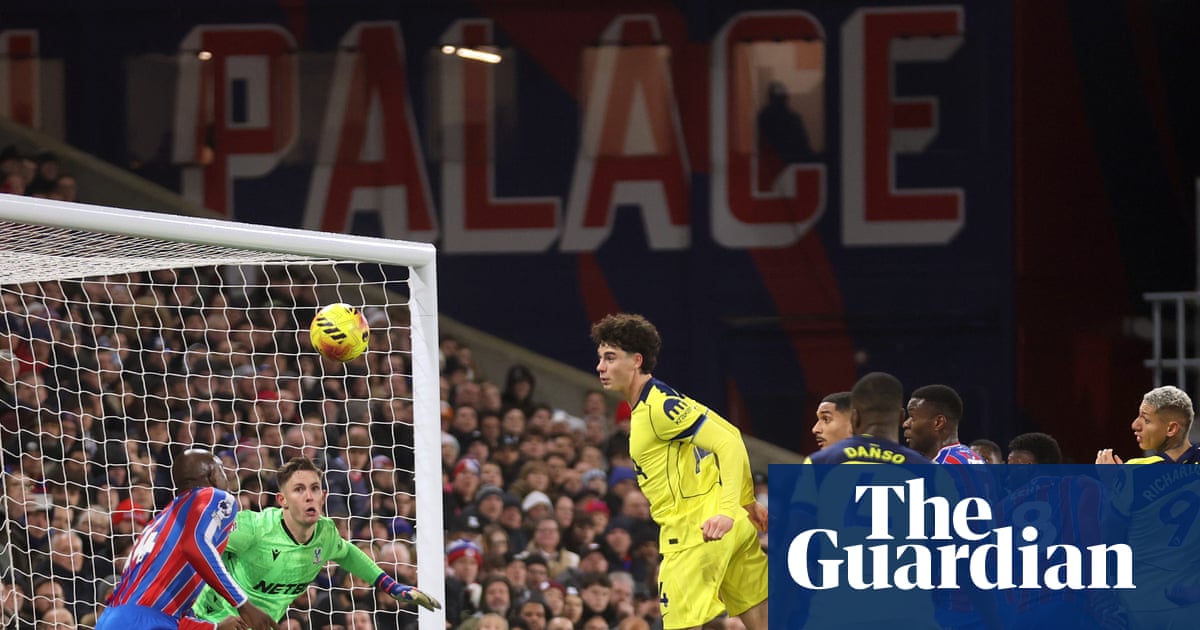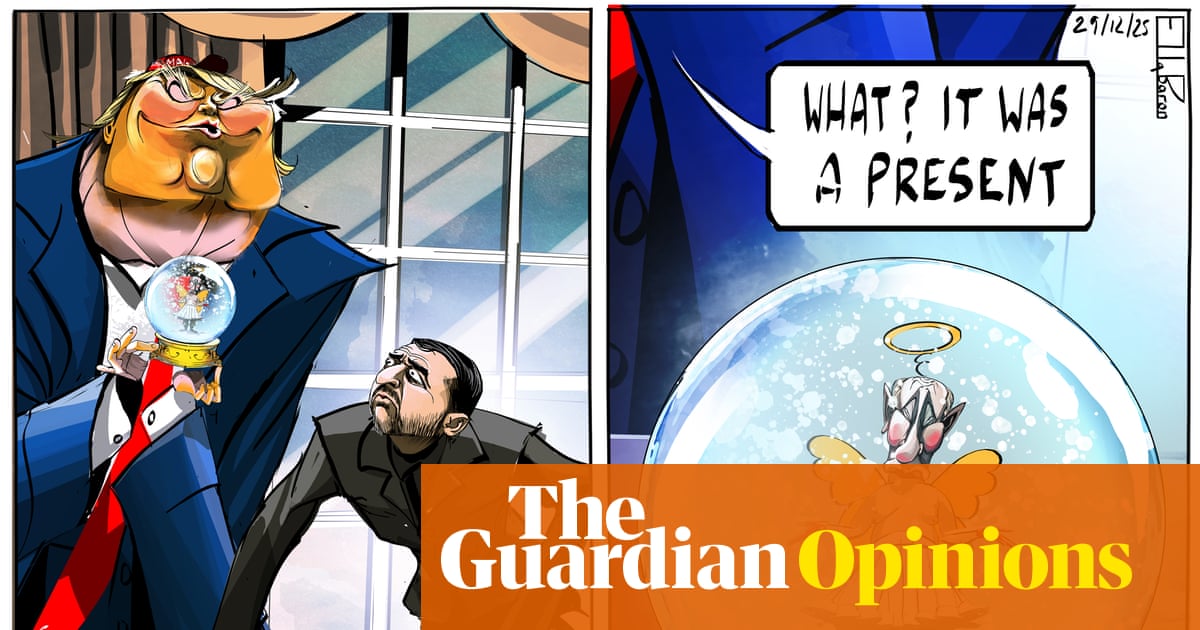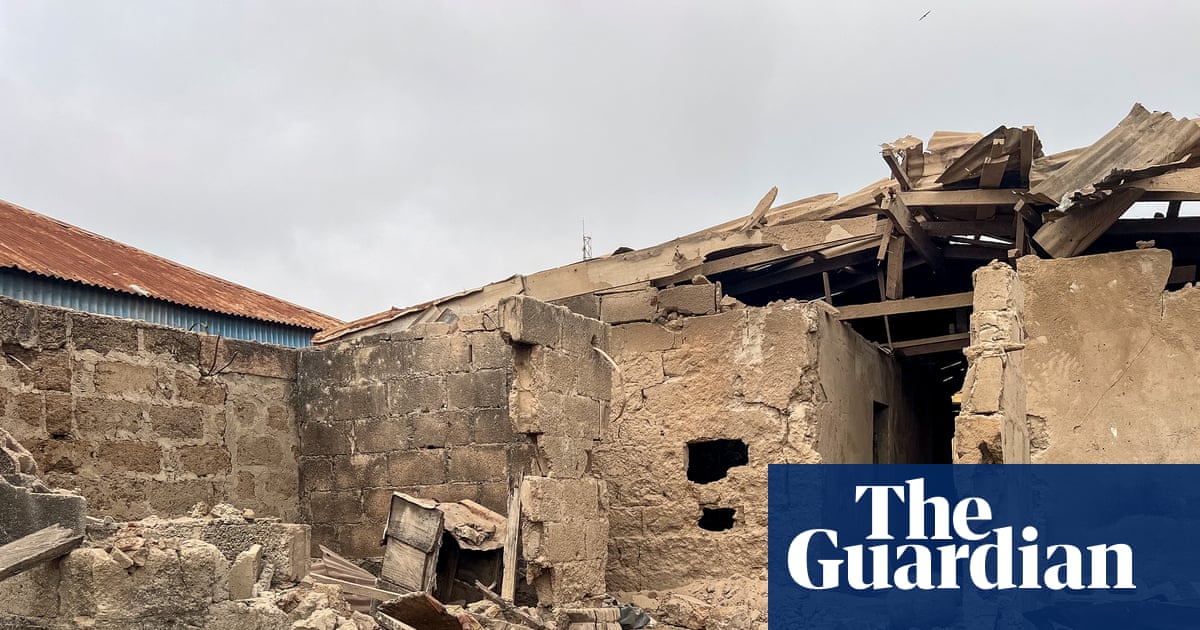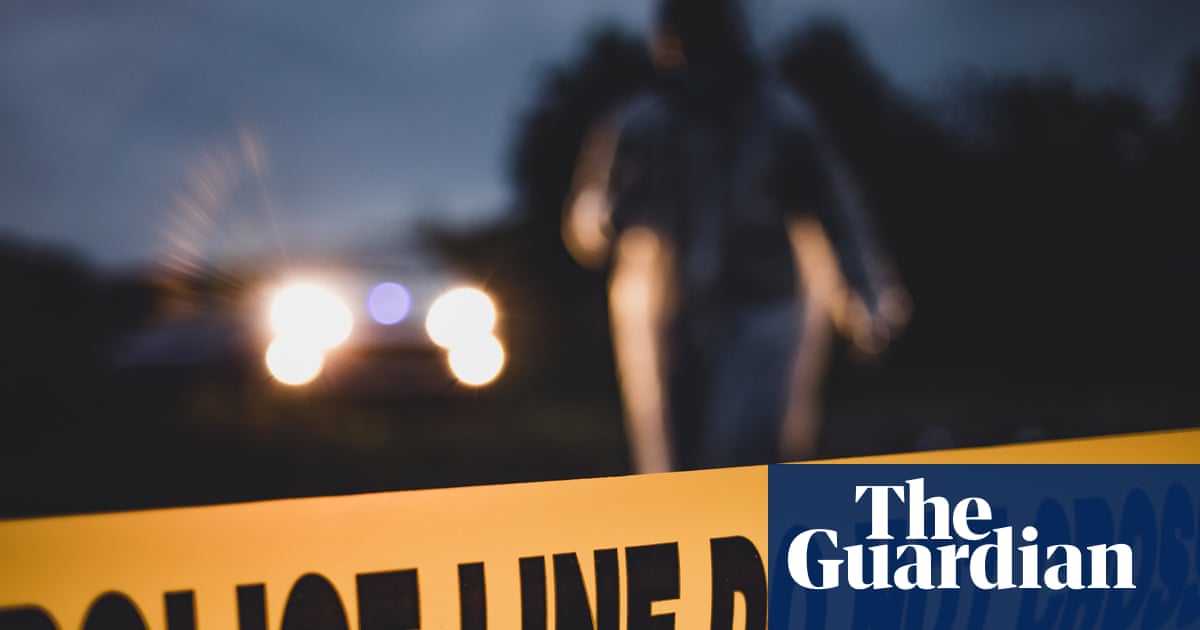Éamon de Valera fought in Ireland’s 1916 rebellion and, as taoiseach and president, stamped his identity on the newly independent country. Modern Ireland has since rejected much of his conservative Catholic ethos, but De Valera remains a founding father.
There is enduring mystery, however, over his paternity – gaps in the record fuelled whispers and speculation about the Spanish artist, Vivion de Valera, said to be his father. As taoiseach, Dev, as he was known, instructed Ireland’s ambassador in Madrid to investigate the Spanish side of his family tree, but the ambassador drew a blank.
Now an RTÉ documentary has found fresh evidence that suggests Vivion de Valera never existed – that he was invented and that the real father’s identity was concealed.
The first part of Dev: Rise and Rule, a two-part documentary, on 3 September, will shine a light on discrepancies in De Valera’s birth certificate and undermine the claims about a putative Spanish father.
“You might ask does it matter if his parents were really married? Does it matter who his father really was?” says David McCullagh, the documentary’s presenter. “But the point is, it mattered to him. It shaped his character.”
The programme is part of renewed debate over De Valera’s personality and impact on Ireland amid the 50th anniversary of his death, which passed on 29 August. Some historians faulted him for Ireland’s economic travails in the 1930s while others lauded him for keeping the country out of the second world war.
The documentary traces an arc from De Valera’s uncertain origins and his mother’s aloofness, to his complex personality. “The doubts about his paternity, and his rejection by his mother, left him with questions about his identity that would preoccupy him throughout his long life,” says McCullagh.
De Valera’s mother, Catherine Coll, from County Limerick, emigrated to the United States in 1879. She said she married Vivion de Valera in Greenville, New Jersey in 1881 and gave birth to their son in Manhattan the following year. She also said her husband died in the western US around two years later.
De Valera’s New York state birth certificate, dated 10 November 1882, names Vivion as the father, whose name is spelt De Valero. His mother’s name is spelt Kate De Valero née Coll, implying they were married. Scholars have never found a church or state record of the marriage, nor of Vivion’s entry to the US or death.
In the documentary, McCullagh uncovers a second New York state birth certificate – a copy that De Valera’s mother requested in June 1916 when her son faced execution in Ireland for his role in the rebellion, to prove that he was a US citizen.
McCullagh notes that the amended certificate spells the surname De Valera – and that the handwriting appears identical to that in the original certificate, and matches the signature of De Valera’s mother. A doctor or public official was supposed to complete birth certificates, not parents.
“I’ve seen many, many birth certificates and this is an exceptional situation,” Kenneth Cobb, a New York city archivist, tells the documentary.
McCullagh, who has authored a two-volume biography of De Valera, says doubts about paternity, and his mother’s decision to send him to Ireland, aged two, to be raised by his grandmother, left him troubled.
In a forthcoming book of essays about Irish leaders – The Taoiseach: a Century of Political Leadership, edited by Iain Dale – McCullagh argues that De Valera’s unmoored identity perhaps influenced his embrace of institutions and causes that offered a sense of belonging, such as his school, Blackrock College, the Irish language and Irish nationalism.

 3 months ago
64
3 months ago
64

